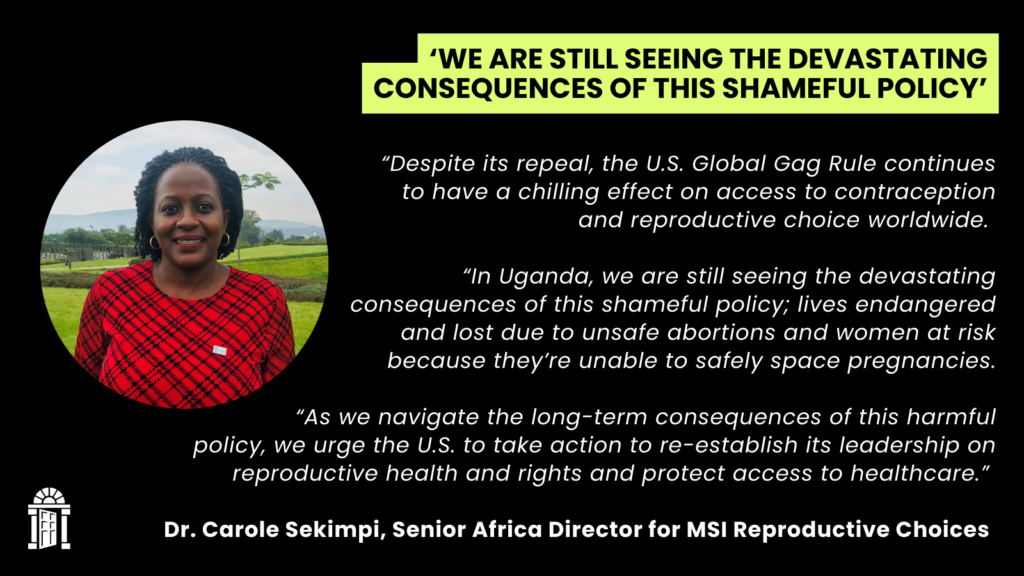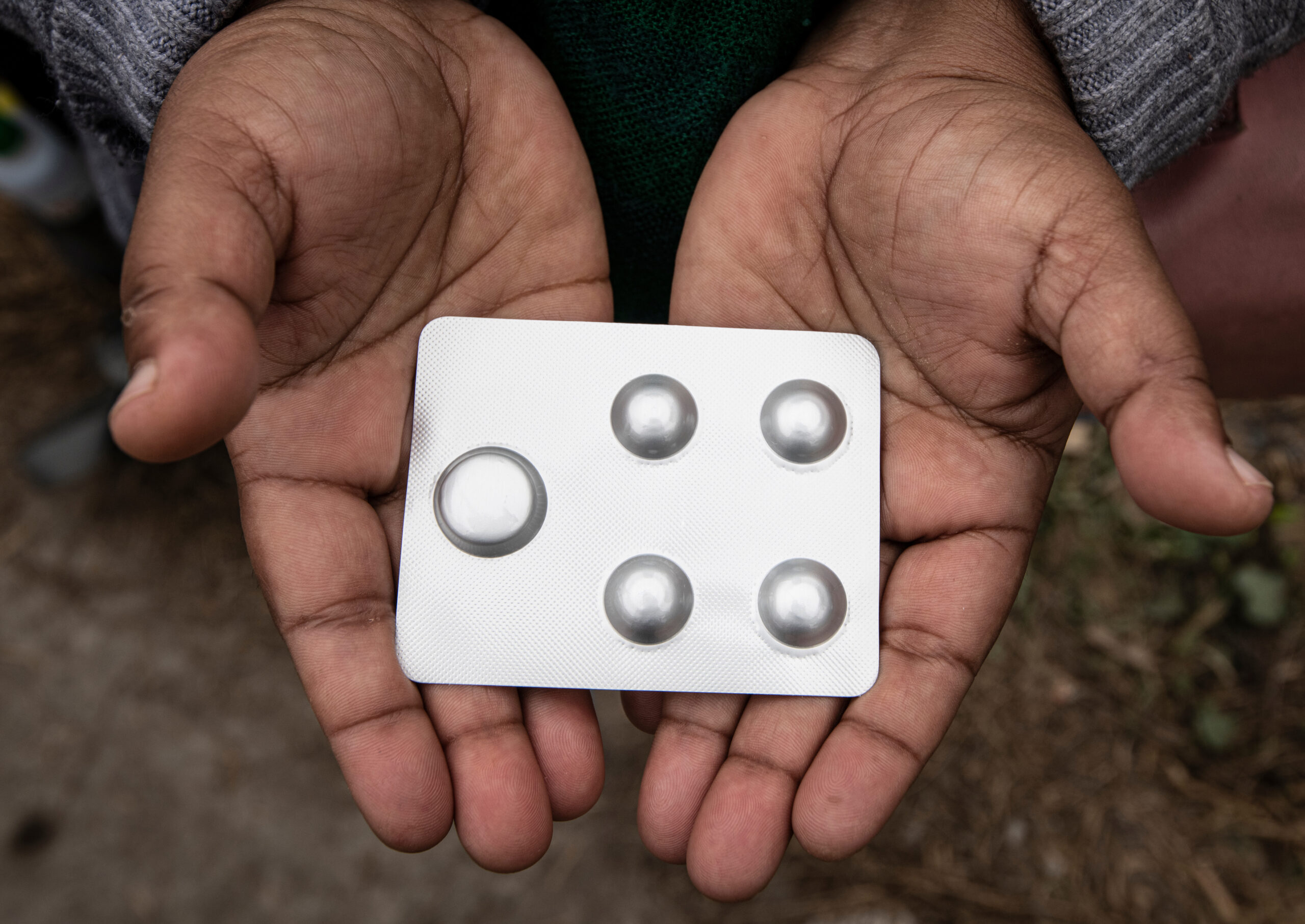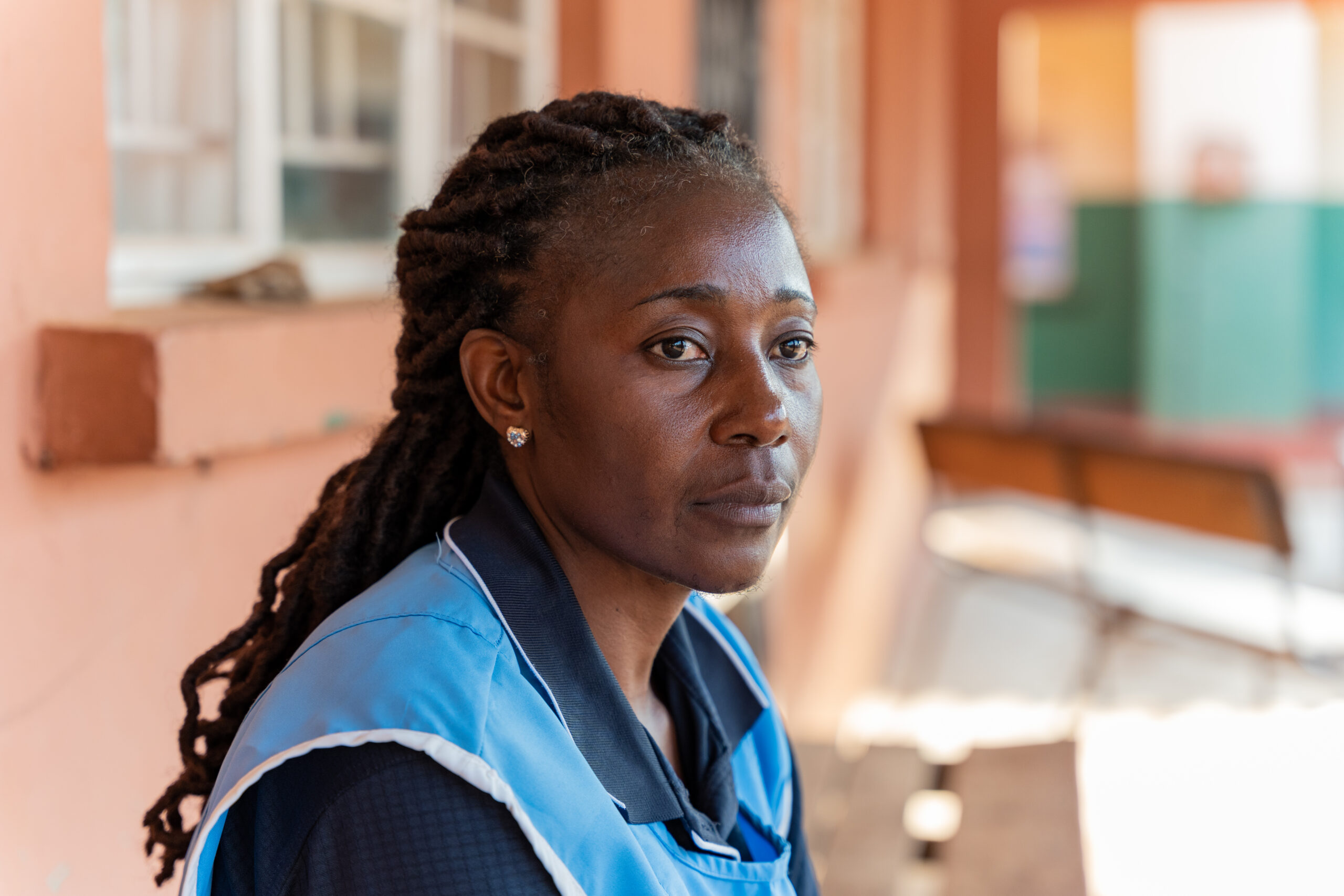
The Guttmacher Institute today published a multi-year research study which reveals the U.S. Global Gag Rule (GGR) disrupted critical health services affecting women and girls in Uganda and Ethiopia – two countries that rely on U.S. assistance for their family planning programmes.
This first-of-its-kind study, developed with insights from MSI Reproductive Choices, shows the causal effects of the most recent implementation of the Global Gag Rule, which, during the four-year Trump administration, was the greatest expansion of the policy in its history.
Senior Africa Director for MSI Reproductive Choices Dr. Carole Sekimpi said:
“Despite its repeal, the U.S. Global Gag Rule continues to have a chilling effect on access to contraception and reproductive choice worldwide. In Uganda, we are still seeing the devastating consequences of this shameful policy; lives endangered and lost due to unsafe abortions and women at risk because they’re unable to safely space pregnancies.
“Denying women and girls access to reproductive health services harms not only the individual but also communities and generations. As we navigate the long-term consequences of this harmful policy, we urge the U.S. to take action to re-establish its leadership on reproductive health and rights and protect access to essential healthcare.”
In both countries, the GGR’s most recent expansion stalled and even reversed progress toward expanded access to modern contraception, impacting reproductive health outcomes, women and girls’ ability to make family planning decisions and overall bodily autonomy.
Rescinding the policy via executive action alone is an insufficient solution; the US Congress must pass the Global Health, Empowerment and Rights (Global HER) Act, which would permanently ensure that the gag rule cannot be reinstated.
Find out more about the impact of the Global Gag Rule in our briefing.








